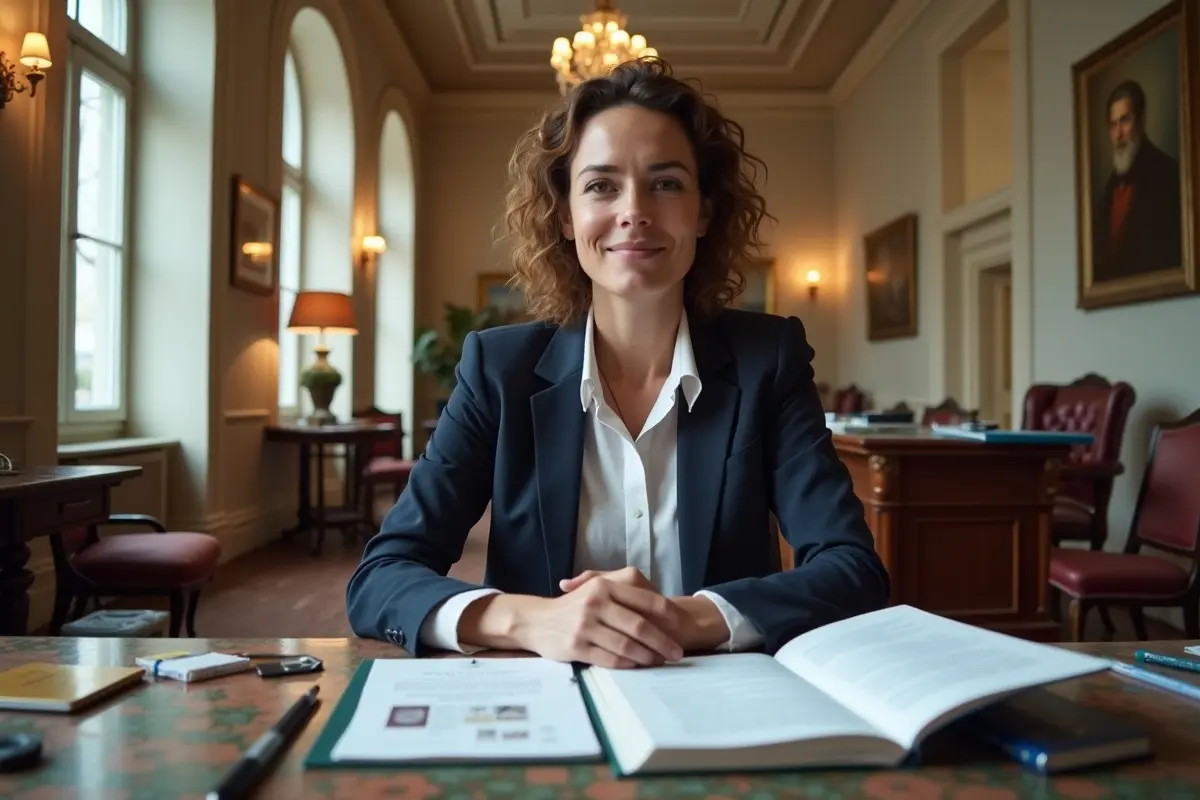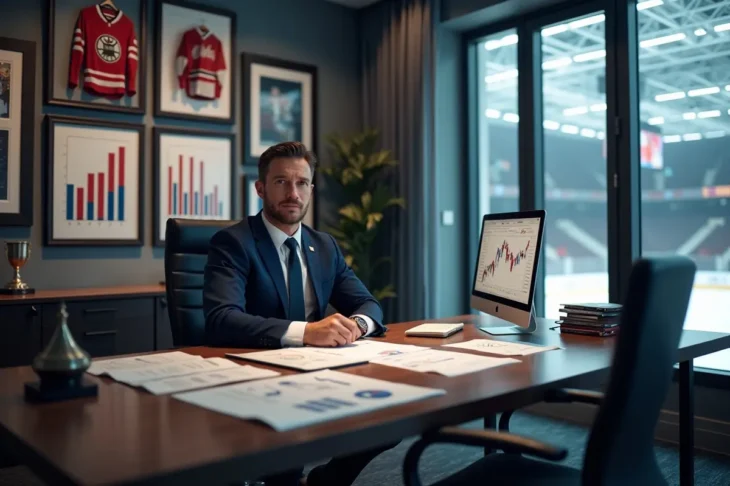
Common Mistakes to Avoid When Applying for an Artist Visa
Applying for an artist visa can feel overwhelming, especially if it’s your first time navigating the process. Whether you’re a musician, painter, dancer, or any other creative professional, the goal is simple: get the visa and start working on your craft without unnecessary delays. But as straightforward as it might seem, there are many common pitfalls that can derail your application if you’re not careful. So, how can you avoid these mistakes and give yourself the best chance of success?
1. Not Understanding the Visa Requirements
One of the biggest mistakes artists make when applying for an artist visa is failing to fully understand the requirements. Each country has different criteria for granting visas, and the artist visa is no exception.
Many artists assume that being talented or having a strong portfolio is enough to secure a visa. While those factors are important, they are only a part of the process. Visas often require you to meet specific legal, financial, and professional criteria. Overlooking even one small detail could lead to delays or even rejection.
So, what should you do? Before you start your application, spend some time researching the requirements for the specific visa you’re applying for. Make sure you have a clear understanding of:
- The necessary documents (proof of qualifications, contracts, etc.)
- Any financial requirements (proof of income, savings, etc.)
- The application timelines and fees
Taking the time to thoroughly understand these details will save you from unnecessary stress down the road.
2. Incomplete or Incorrect Documentation
Another common mistake is submitting incomplete or incorrect documentation. You might have a killer portfolio, but if your paperwork isn’t in order, it could all be for nothing.
Documents that typically need to be submitted include:
- Proof of professional work (such as contracts or letters from employers)
- Financial statements (proof you can support yourself)
- A portfolio or examples of your artistic work
While this might seem straightforward, it’s easy to miss something or make a small error that can delay your application. The best way to avoid this mistake is to create a checklist of all the required documents. Review each one carefully to make sure everything is filled out correctly. Missing even a signature can cause complications.
3. Rushing the Application Process
It’s tempting to get your application submitted as quickly as possible, especially if you’re eager to start working in a new country. But rushing through the process can often lead to mistakes.
Visa applications require attention to detail, and rushing increases the chances of missing a key document or forgetting to answer a question. It’s also important to remember that visa offices don’t typically allow you to fix mistakes after submission. If something’s wrong, you may need to start the process all over again.
Instead of rushing, take your time to ensure your application is accurate and complete. Double-check everything, and if possible, have someone else review your application before submitting it. A fresh pair of eyes can often spot errors you might have missed.
4. Not Preparing for an Interview (If Required)
Depending on the type of artist visa you’re applying for, you may be required to attend an interview. Many applicants make the mistake of assuming the interview is just a formality, and they fail to prepare for it.
The visa interview is your chance to showcase not just your artistic abilities, but also your professionalism and commitment. You might be asked about your work, your plans in the country, and how you will support yourself while there. Fumbling through answers or giving vague responses won’t help your case.
To avoid this mistake, prepare for the interview as seriously as you would for a job interview. Be ready to:
- Explain your artistic background
- Discuss your future plans
- Provide details on how you will finance your stay
Being well-prepared and confident in your responses will improve your chances of success.
5. Failing to Show Sufficient Financial Stability
Many artists overlook the importance of showing financial stability when applying for a visa. It’s not enough to be talented – you also need to demonstrate that you can support yourself financially while you’re in the country.
Most countries want assurance that you won’t become a burden on their social systems, so they often require proof of income or savings. This could come in the form of bank statements, contracts for upcoming work, or sponsorship letters.
Don’t make the mistake of assuming this requirement doesn’t apply to you. Failing to provide adequate financial proof is one of the top reasons artist visas get rejected. Make sure you have all the necessary documentation to show that you can financially support yourself during your stay.
6. Ignoring the Timelines
Visa applications aren’t processed overnight, and ignoring the recommended timelines is a big mistake. Many artists assume they can apply just a few weeks before their planned move, but this often leads to disappointment when their visa doesn’t arrive in time.
Visa processing times vary by country and type of visa, but it’s common for the process to take several months. You may also need extra time if any documents are delayed or if your application is incomplete.
Avoid the stress of last-minute applications by starting the process early. As a rule of thumb, aim to apply at least six months before your intended move date. This gives you enough time to gather all necessary documents and deal with any unexpected issues that arise.
Making the Process Smoother
Applying for an artist visa doesn’t have to be stressful if you’re aware of the common mistakes and how to avoid them. By understanding the requirements, ensuring all your documents are in order, and giving yourself plenty of time, you’ll be setting yourself up for a smooth application process.
Have you started gathering your documents yet? Or maybe you’ve been through this process before and have some tips to share? Whatever your experience, being prepared and organized is key to avoiding those common visa pitfalls. Good luck!

